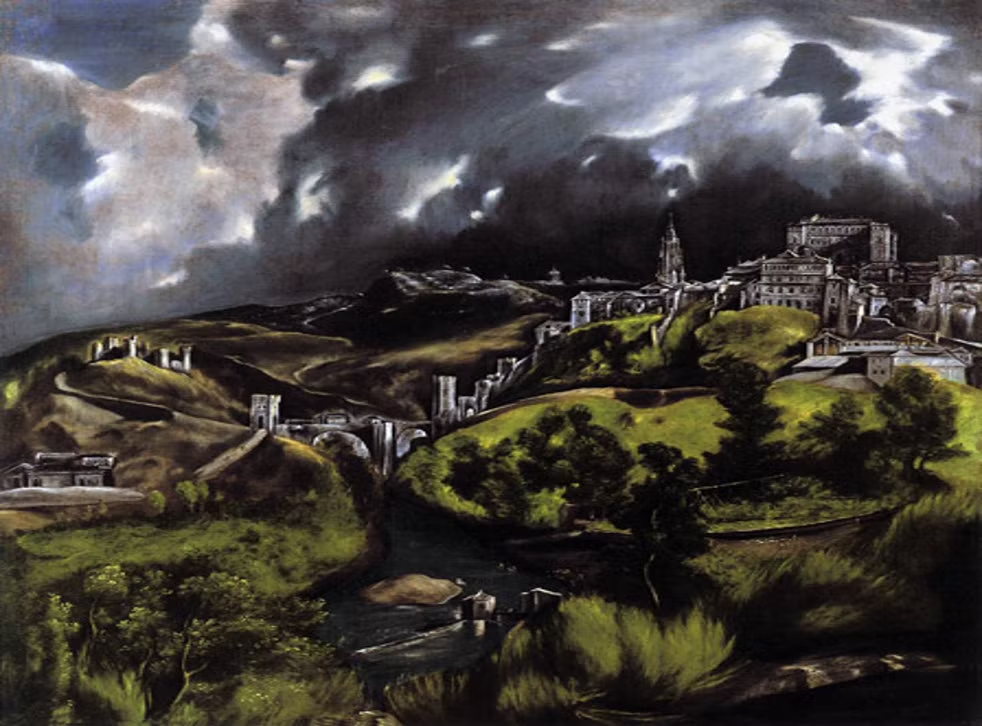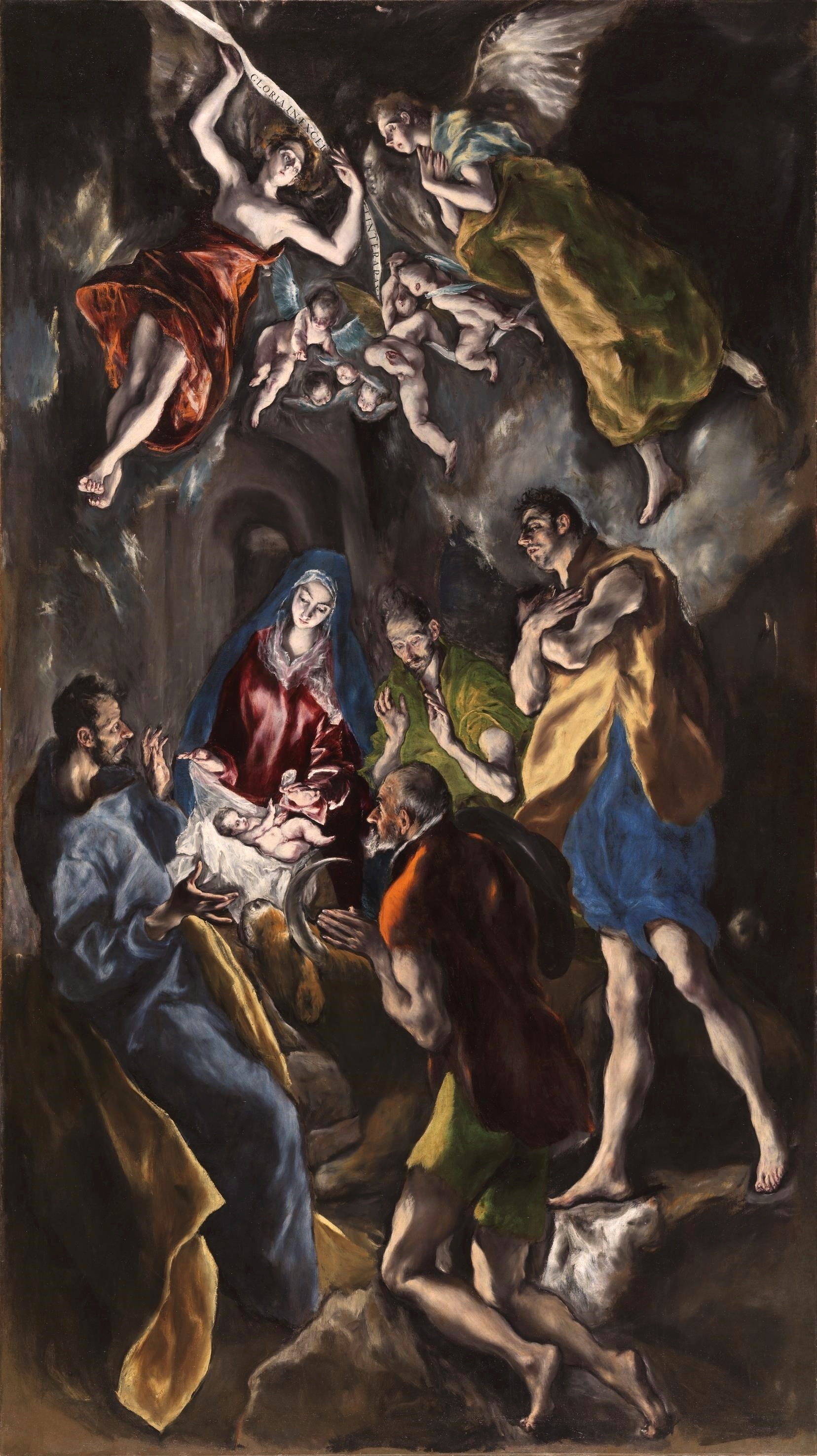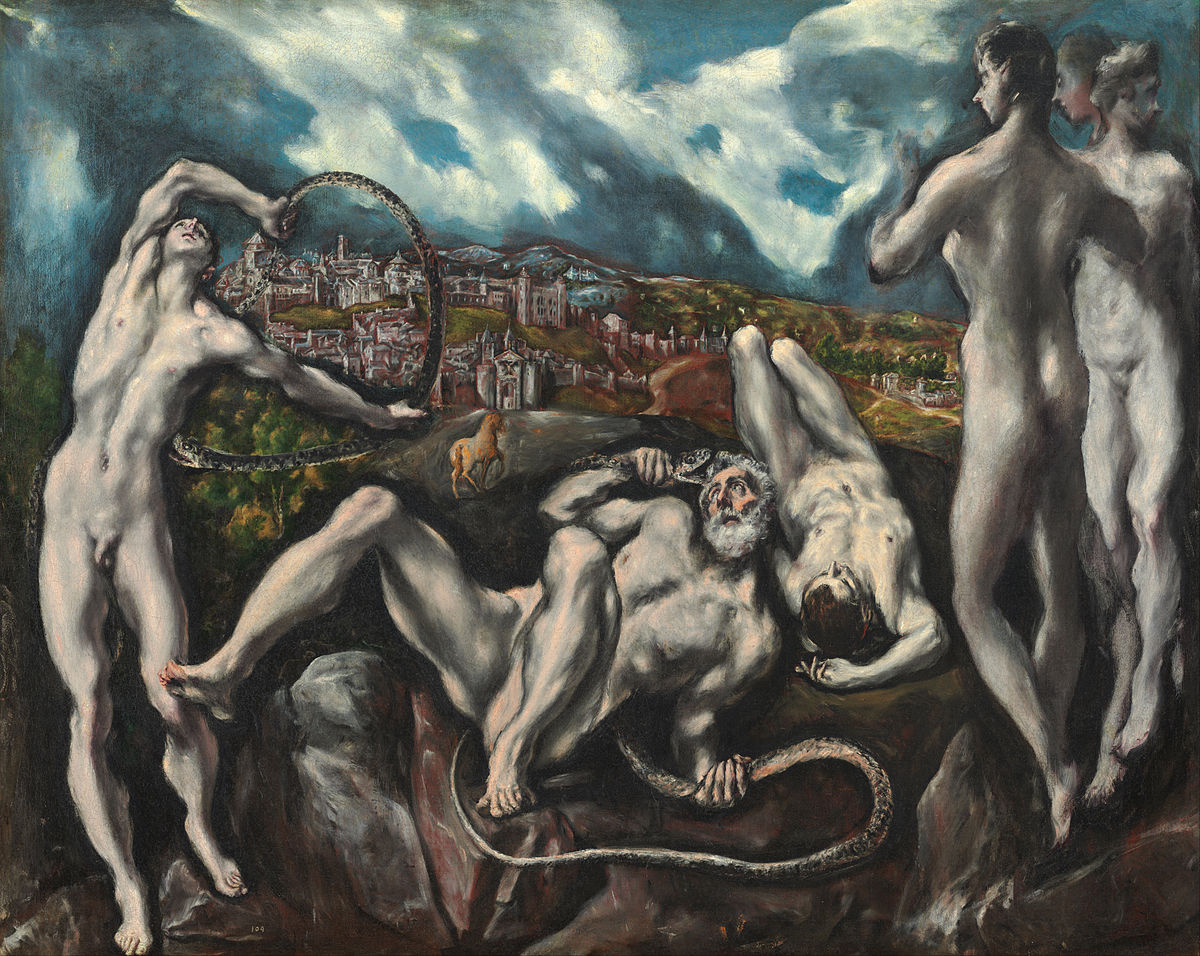Era of the Divine Right Rulers and the Modern Nation State
5.0(1)
Card Sorting
1/50
Earn XP
Last updated 6:28 AM on 2/27/23
Name | Mastery | Learn | Test | Matching | Spaced | Call with Kai |
|---|
No analytics yet
Send a link to your students to track their progress
51 Terms
1
New cards
Absolute Monarch
Someone with Absolute Power, believed to be given to them by God
2
New cards
Charles V
grandson of Ferdinand and Isabella, part of the Hapsburg family.
3
New cards
What land did Charles V rule over?
Spain, various parts of Europe and Africa
4
New cards
Calvinism
The idea that your fate is predetermined/those destined to heaven became rich and those destined for hell were poor
5
New cards
Philip II
Groomed by his father (Charles V) to become emperor
6
New cards
Elizabeth I
Used the possibility of marriage for political power
7
New cards
The Battle of Lepanto
1571- Spanish victory over the (Islamic) Ottoman Navy
8
New cards
Spanish Armada
1588- Spanish Army sent to overthrow Elizabeth I and reinstate Catholic beliefs in England and reinstate Spanish power
9
New cards
El Escorial
Built by order of Philip II- Spain’s greatest structure, serving as a royal burial chamber, monastery, church, palace, and government building
10
New cards
Who did the Hapsburg family defend Catholicism against?
Protestants
11
New cards
What were some of the causes of inflation in Spain?
Higher population and a surplus of silver
12
New cards
Why didn’t a middle class develop in Spain?
Artisans and Business people left, nobles didn’t pay taxes, and
13
New cards
What flowers became extremely valuable in the Netherlands?
Tulips
14
New cards
What were the reasons for Dutch revolt?
The Spanish raised their taxes and the Dutch were protestants
15
New cards
Absolute Monarch
A ruler who believed that all the power within state boundaries rested in their hands
16
New cards
Divine Right Ruler
Someone who believed that God chose them and gave them the right to rule
17
New cards
What did Louis mean when he said “I am the state“
He was the government and in full power
18
New cards
Under Louis’ control, France was …
The most powerful country in Europe
19
New cards
Why did the French people accept Louis as king?
Although he was oppressive, he provided order and stability
20
New cards
Why didn’t Louis like the nobility?
* They also had influence
* They kidnapped him as a child 😆
* They kidnapped him as a child 😆
21
New cards
What did Louis call himself?
The Sun King
22
New cards
Whose power did Louis decrease?
The Nobles
23
New cards
Intendants
Government agents who collected taxes and administered justice
24
New cards
Bureaucracy
A government system where decisions are made by state officials instead of elected representatives
25
New cards
Mercantilism
Mass production to create a favourable balance of trade
26
New cards
Tariff
A tax on imports
27
New cards
Edict of Nantes
1598- Written by Henry to protect Huguenots’ freedom
28
New cards
Huguenots
French Calvinists
29
New cards
Main tenets of Calvinism:
* People can’t earn heaven
* Predestination/only the elect go to heaven
* Success in this life = heaven
* Don’t believe in purgatory
* Predestination/only the elect go to heaven
* Success in this life = heaven
* Don’t believe in purgatory
30
New cards
St. Bartholomew Massacre
Huguenots were invited to Paris to celebrate a marriage where they were instead killed. Started a six-week slaughter of Huguenots
31
New cards
Who killed Henry
A fanatic
32
New cards
What religion was Henry
Catholic
33
New cards
Richelieu
The Cardinal, who ruled over France with Louis XIII and weakened the power of Huguenots and aristocrats.
34
New cards
How did Richelieu reduce Huguenots?
He forbade protestant cities from having walls
35
New cards
How did Richelieu weaken aristocrats?
He gave more power to government agents from the middle class
36
New cards
Who didn’t Richelieu like?
The Hapsburg family
37
New cards
How tall was Louis XIII
5’5, but he wore heels
38
New cards
Who was Jean Baptiste Colbert
minister of finance, who set a high tariff to make France self-sufficient
39
New cards
How did Jean Baptiste Colbert strengthen French economy?
* Raised Tariffs
* Encouraged Colonies
* Put government funds into French companies
* Encouraged Colonies
* Put government funds into French companies
40
New cards
1685
Louis canceled the Edict of Nantes, forcing Huguenots out of the country and weakening the economy
41
New cards
What determined the success of a noble
Louis’ opinion of them
42
New cards
What was the purpose of French art during this time period?
To glorify Louis
43
New cards
Two accomplishments of Philip II
1. Triumph at the battle of Lepanto
2. Annexing Portugal
44
New cards
Two catastrophes under Philip II’s rule
1. Armada defeated by Queen Elizabeth I
2. Heresy and Reformations
45
New cards
What couldn’t Philip II find?
writing materials
46
New cards
Why did Philip II keep a large court?
So he could watch nobles and keep his power over them
47
New cards
What is the purpose of hooks on buildings in Amsterdam?
Shops used pulleys to move goods into the 3rd story
48
New cards
El Greco
Went from Greece → Italy → Catholic Spain
49
New cards
View of Toledo
(El Greco)

50
New cards
Adoration of the Shepherds
(El Greco)

51
New cards
Laocoon
(El Greco)
